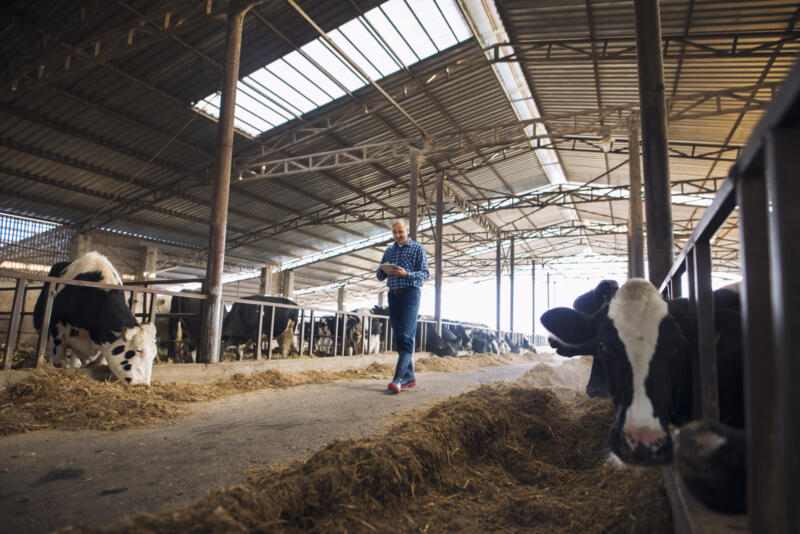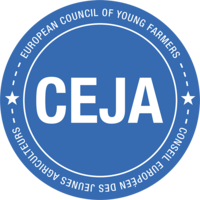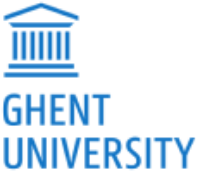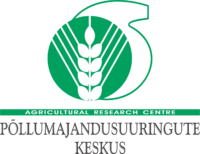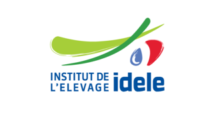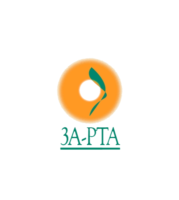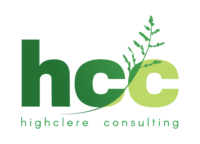A major goal of the EU 2020 project EUREKA is to build and start filling up the EU-FarmBook database with practice-ready “Knowledge Objects” produced by the many great Horizon 2020 projects. In other words, it’s time to “Feed the FarmBook!” More than this, EUREKA intends to make this knowledge more easily findable and sharable by anyone working or interested in EU agriculture and forestry sectors. It is not an easy task and it requires that each of these Knowledge Objects is properly described or “annotated” with sufficient metadata - which can be thought of as “data about data”. Annotation means that we describe knowledge objects before they are uploaded to our platform. First of all, the objects are listed with a title, author information, and the date of creation. The next level is to connect the object to keywords so it can easily be found by search engines. This can be a very time-consuming and manual process, especially if there is no existing metadata linked to an object. For this reason, a group of EUREKA members have been assembled to form our own stellar Annotation Team to take on this challenge. The technical process is led by Hercules Panoutsopoulos, Research Associate at Agricultural University of Athens.
Fact box: What is a FarmBook Knowledge Object?
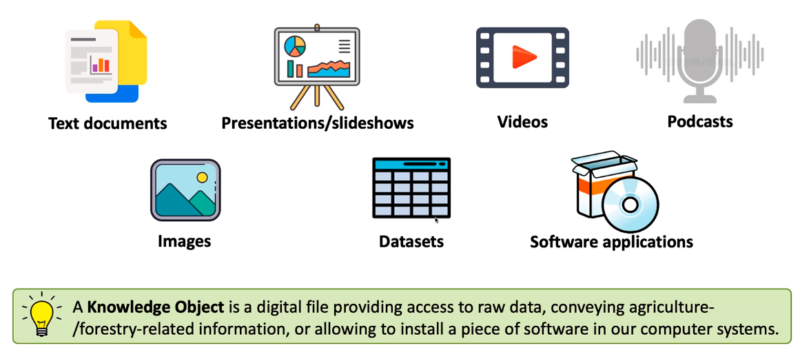
On November 15-16 2021, the annotation team got together for a workshop to become familiar with the concept of metadata and be prepared for the important task of annotation of Knowledge Objects to be stored in the EU-FarmBook.
Annotation requires critical thinking
The annotation of the FarmBook Knowledge Objects is a process involving critical thinking and an understanding of their content. This is to ensure both 1) a high quality of the objects uploaded and 2) a high success rate in delivering the Knowledge Objects to the end-users.
The identification and findability of data/digital objects is directly dependent on the accuracy of their metadata. Hence, it depends on how well the annotation with the necessary metadata, by human annotators, has been implemented.
Hercules explains: “Assigning the appropriate values to the metadata properties of each Knowledge Object is of increased importance. The intention of this training is to provide guidelines in a detailed way as much as possible. However, there are no ready-to-use recipes. The work of the annotation team is a knowledge-driven process involving lots of critical thinking and reflection”.
How will EUREKA assign values to the metadata?
The annotation process will involve the assignment of values to a set of metadata properties including, among others, the ‘category’, ‘type’, and ‘subject’ of the Knowledge Objects.
Which specific metadata are to be filled in by the EUREKA annotation team?
- Title
- Description
- Keywords
- Creator(s)
- Language(s)
- Date of completion
- Geographic location(s)
- Category
- Subject
- License
- File size
- Project name
- Project acronym
- Project URL
- Intended purpose
- Type
- Format
Seven Knowledge Object categories (datasets, images, documents, podcasts, presentations, software applications and videos) are considered in EUREKA, with each of them being associated with a specific set of “types”. As for the subject of the Knowledge Objects, a two-level model has been developed built upon the EIP-AGRI’s taxonomy of agricultural subjects.
EUREKA’s subject model is built upon EIP-Agri’s Taxonomy:
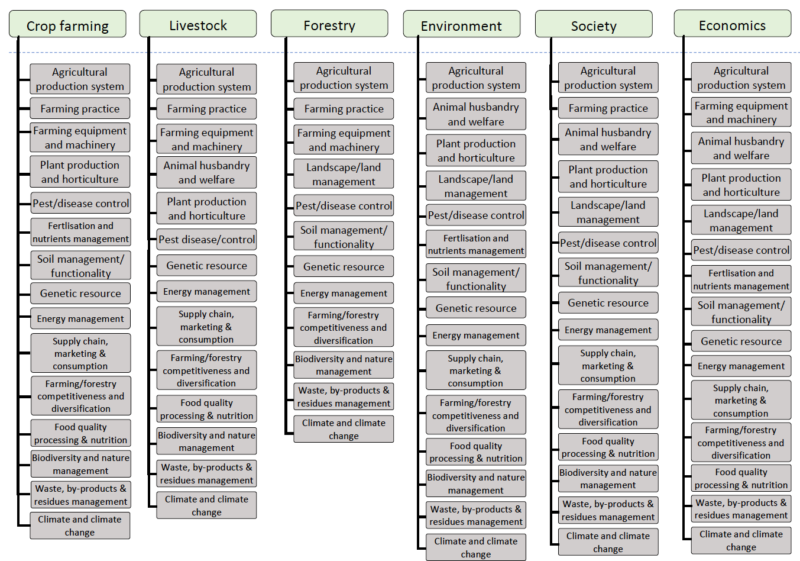
Quality assurance of Knowledge Objects
The annotation process will also serve as the means to ensure the quality of the Knowledge Objects. This goal will be achieved through the identification of broken links, damaged files, and objects with little to no relevance to the FarmBook’s target audiences.
Expectations for the future – a well-fed FarmBook
The vision of the EUREKA consortium is to have an agriculture- and forestry-related platform capable of delivering a broad range of content and information of importance to the AKIS community. Annotation of the FarmBook Knowledge Objects with the proper metadata values is an important step towards this goal. Substantial efforts will be made during the next months to accomplish the challenging task of annotation and storage of knowledge objects. Stay tuned for news on upcoming EU-FarmBook user tests, which will only be possible thanks to the work of the EUREKA annotation team!
If you are interested in storing and sharing you project’s agriculture- or forestry-related Knowledge Objects in the EU-FarmBook, please get in touch by sending an email to:
Tyler Arbour: tyler.arbour@ugent.be
Maxime Marois: Maxime.Marois@idele.fr
















